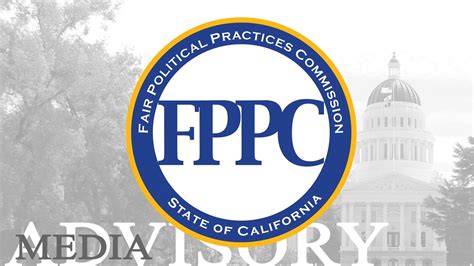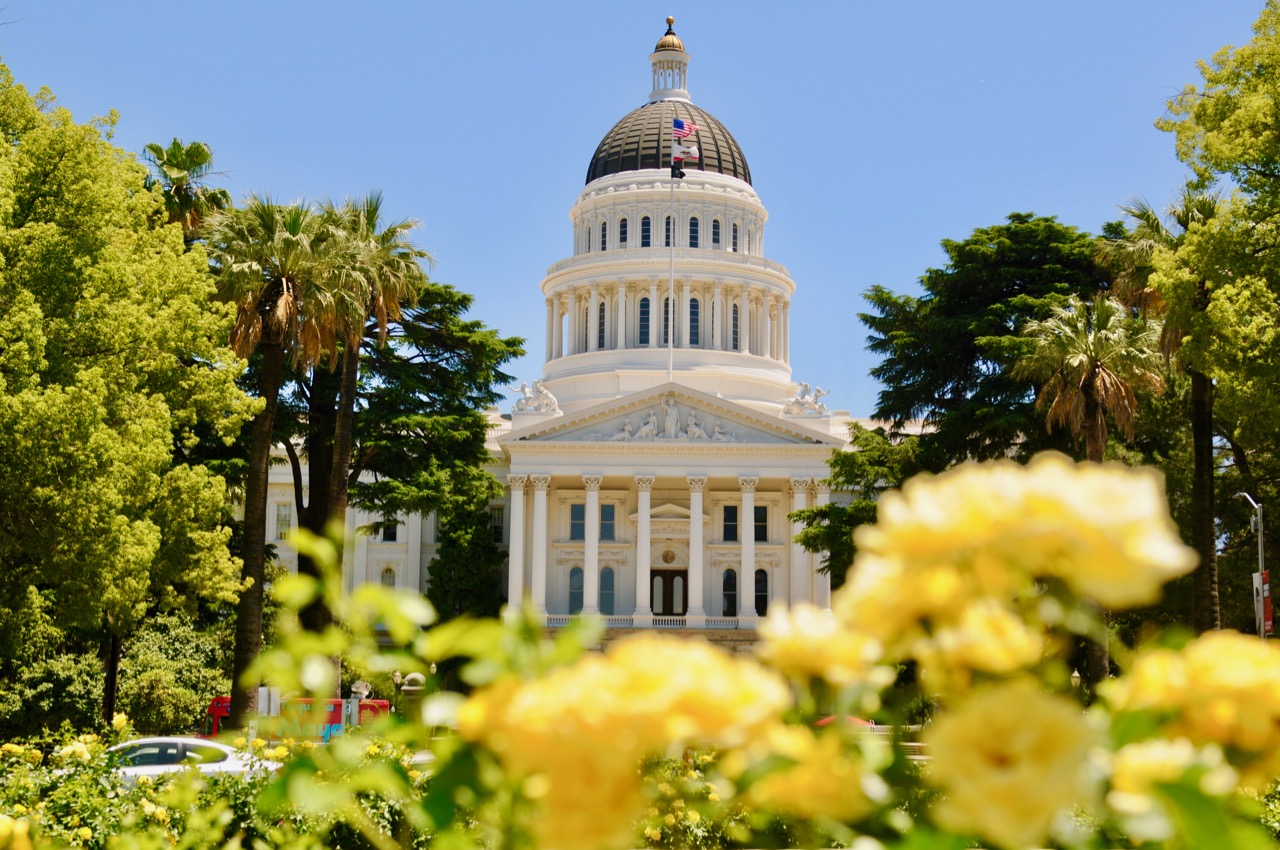
FPPC logo. (Photo: fppc.ca.gov)
Frequently Asked Questions about the Fair Political Practices Commission
How does the FPPC enforce the PRA?
By Chris Micheli, February 14, 2024 2:45 am
How was the FPPC created? The Fair Political Practices Commission (FPPC) was created by Proposition 9 as part of the Political Reform Act of 1974 (PRA) that was adopted by the statewide electorate.
What is the FPPC? The FPPC is a five-member independent, non-partisan commission that has primary responsibility for the impartial and effective administration of the PRA. The PRA regulates campaign financing, conflicts of interest, lobbying, and governmental ethics in the State of California.
What are the stated objectives of the FPPC? They are to ensure that public officials act in a fair and unbiased manner in the governmental decision-making process, to promote transparency in government, and to foster public trust in the political system.
What does the PRA require of the FPPC? The PRA requires the FPPC to regulate campaign finance laws, conflicts of interest for local and state public officials, lobbyist registration and reporting, political mass mailings, and gift laws.
Is there any guidance in complying with the PRA? Yes, the FPPC provides informal and formal advice to those seeking it, as well as other informational material. The FPPC staff offer workshops and webinars for those seeking proper compliance information.
How does the FPPC enforce the PRA? It uses different types of enforcement actions including administrative proceedings, criminal prosecution (which is done by the Attorney General or local district attorney), and civil actions.
What types of audits does the FPPC conduct? The Franchise Tax Board conducts audits of campaigns and lobbying firms. Their audits include both mandatory and discretionary ones.
What does the FPPC do with the results of its enforcement actions? The FPPC publicly releases enforcement case results and summaries.
What are the most common violations of the PRA? Per the FPPC, the following is a list of violations that the FPPC regularly enforces: financial conflicts of interest; laundered campaign contributions; over-the-limit gifts and contributions; improper use of campaign funds, including personal use; campaign mass mailings at public expense; false, inadequate, or inaccurate reporting on statements of economic interests, campaign statements and reports; non-filing or late filing of such statements and reports; and, anonymous or cash contributions of $100 or more.
What types of data are contained on the FPPC’s website? Among other sections, the website includes behested payments, top contributor lists, pending legislation, enforcement actions, and special reports.
- Legislative Intent Does Not Equate to a Mandate - April 27, 2024
- Frequently Asked Questions about State Agency Ethics Training - April 26, 2024
- Frequently Asked Questions about When Elected Officials Take Office - April 25, 2024




One thought on “Frequently Asked Questions about the Fair Political Practices Commission”